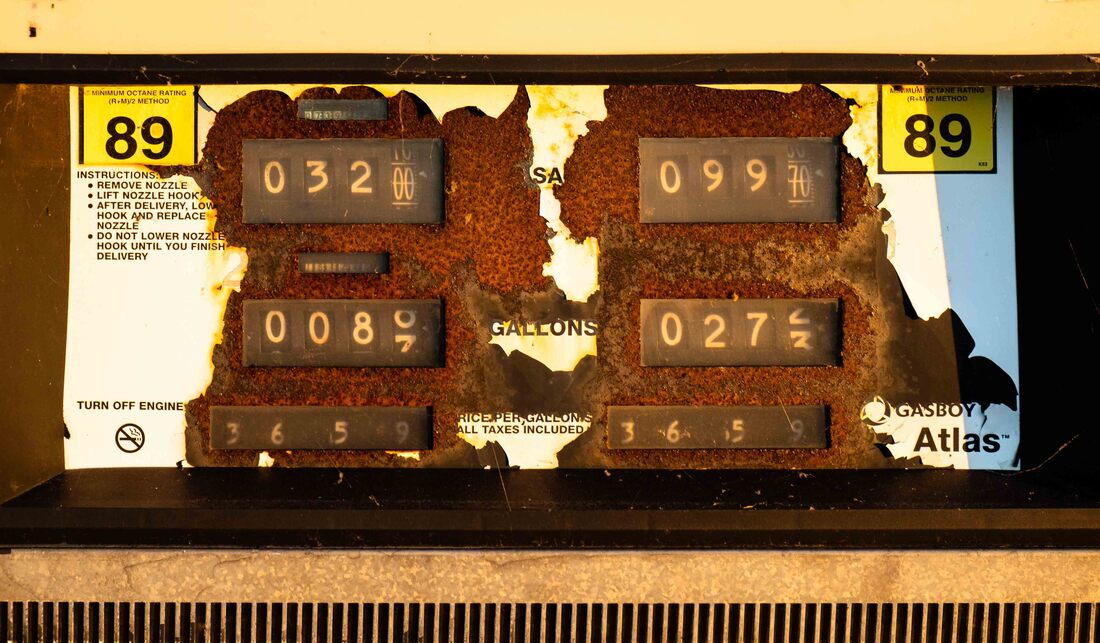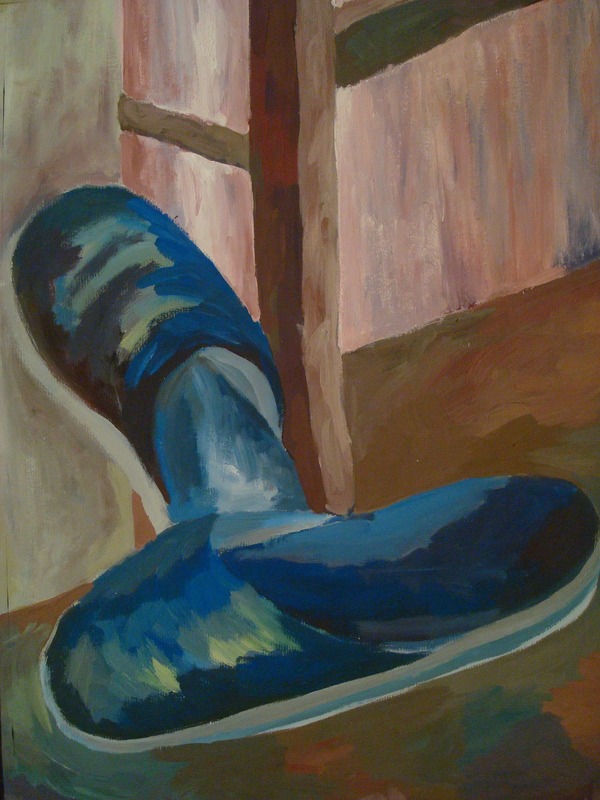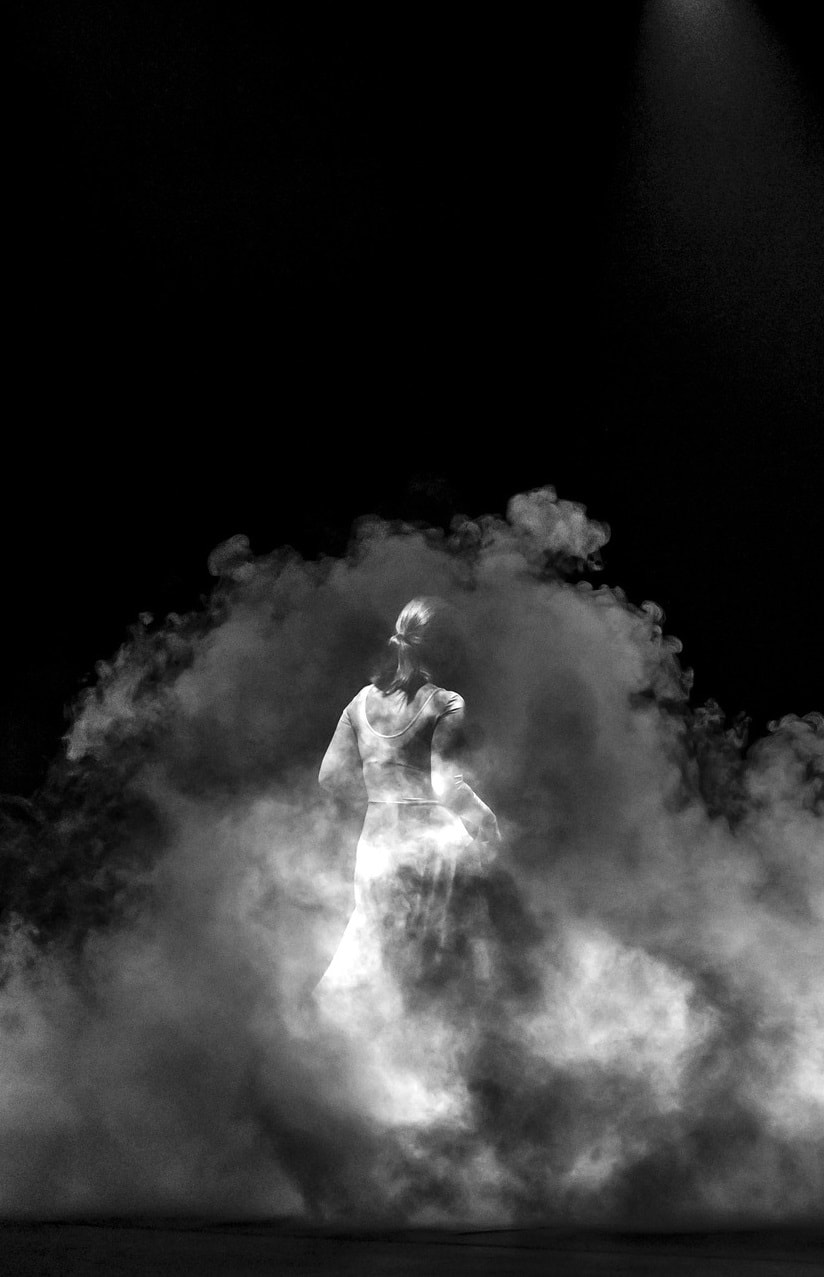ScribesMICRO
* * * Managing Editor: Edward Ahern * * *
* Submissions Editor: P.C. Keeler *
* Submissions Editor: P.M. Ray *
* Associate Editor: Alison McBain *
* Submissions Editor: P.C. Keeler *
* Submissions Editor: P.M. Ray *
* Associate Editor: Alison McBain *
Issue # 5
May 15, 2021
Featuring the short scribblings of:
* Hugh Cartwright * R.M. Garabedian * Priscilla Goins *
* John Grey * Maryam Javeed * Melissa Marie Keeping *
* Matthew P.S. Salinas * Karen Southall Watts *
* Amrita Valan * Patience Young *
* Hugh Cartwright * R.M. Garabedian * Priscilla Goins *
* John Grey * Maryam Javeed * Melissa Marie Keeping *
* Matthew P.S. Salinas * Karen Southall Watts *
* Amrita Valan * Patience Young *
Featured Author
Interview with Amrita Valan
Welcome to our fifth issue of ScribesMICRO. I’m associate editor Alison McBain, and our interview today is with our featured writer Amrita Valan, author of two pieces published in this issue, the creative nonfiction story “Tongue in Cheek” and the poem “Life.”
Amrita is a writer from Bangalore, India. She has been published in several anthologies and online magazines, and writes every day on a diverse range of subjects such as humor, grief, sorrow, love, fear, and horror.
Amrita is a writer from Bangalore, India. She has been published in several anthologies and online magazines, and writes every day on a diverse range of subjects such as humor, grief, sorrow, love, fear, and horror.
First of all let me thank you Alison, for having me here. Yes, the two were written within days of each other, not consciously as a pair, but as juxtapositions, mood pieces that are foils of my soul trying to come to terms with loss, in whichever way works. Grief and humour I have found are both effective, the first is cathartic, relieves the pent up emotion, the second also lightens the load by putting it in perspective as an universal experience. That it is extremely personal and yet, not exclusive to me. That I am allowed to smile again at what is droll, despite my grief. I enjoyed the incongruity inherent in your poem "Life," with the idea of living being focused on death and inanimate objects. In addition, the blunt humor at the ending of your nonfiction piece contrasted nicely with the delicacy and extreme physical care taken of your uncle's tea set. Why is dissimilarity at the heart of these pieces' musings on mortality? If you were going to approach this theme or subject again, would contrast feature thematically in your new work too?
Death of beloved ones left me with echoing mental voids, which sharply contrasted, jarred with the physical presence of objects that they’d used as part and parcel of their lives. I was unable to weep for my granny till two days after, when I spotted her worn out black slippers quietly nestled in a corner. Inanimate objects revivify, animate the departed to those left behind, a poetic irony. I have written many poems and memoirs about this fragility of flesh opposed to the durability of insentient objects, inconsequential, till their owner passes on. Then they become consecrated symbolic representatives of their departed owners. What creative endeavor is next on the horizon for you—do you have any longer works in progress or other publications coming out that readers should look for? Yes, thank you Alison. In fact, my debut book of fifty poems is out on Amazon since May 7, 2021. I named it Arrivederci (Goodbye till we meet again). It is about arrivals and departures, goodbyes and farewells, the hope of meeting again, love, loss, grief and recollections. In it quite a few poems have this theme of inanimate objects holding the essence of lives once lived. The next manuscript I am working on is a book of love poetry and also a collection of a dozen short stories, which I hope might increase to 17, as it is my birthday. |
Fiction
|
Never Touched Her by R.M. Garabedian I didn’t know how it would end.
We’d decided to stick to our plans for a visit to the Maine coast, despite a hurricane farther south. Our marriage or divorce needed it—we both seemed to believe that churning surf would either end us forever or help us achieve that last pull to mend us. Dusk. She ventured onto large rocks. A high wave slickened her footing. She fell. For a moment she appeared still within a maelstrom, looking up at me, seeming not so much panicked as weary. Water heaved, crashed. Currents removed her. I lit a cigarette, cupping my hand to protect the flame from the wind. * * * R.M. Garabedian is writing a literary fiction novel series, the first volume of which is entitled Walking on the Quieter Streets. His short story "The Breath of A River" is here.
A Winning Formula by Hugh Cartwright “Yeah! I’ve won the lottery again! Four wins in a row.”
I ask for the magic formula. “Go into the park...” She checks that no one is listening. “...backwards. Take a few steps, then buy a ticket.” I’m a scientist. She’s an idiot. I lecture her. With millions of tickets sold, someone is bound to have a run of luck. It never lasts. Walk backwards? Walk forwards? It makes no difference. She calls me an ignoramus who ignores the evidence. She deserves to know the truth. I explain it patiently using a spreadsheet. The next day, I walk backwards through the park and buy a lottery ticket. * * * Formerly a UK-based University scientist, Hugh Cartwright is now retired. Writing provides some diversion from his hopeless quest: that of growing oranges and limes in Canada.
The Shot by Karen Southall Watts COVID was a gift. In video meetings, no one could smell that he wasn’t able to afford a trip to the laundromat, or the rotten tooth that no amount of mouthwash could hide.
He sold his clunker. No more auto insurance. Technophobes kept his gig calendar full for months. The fantasy of paid student loans teased his brain. Now the world was shifting again. Even the most inept had figured out where the mute button was, and companies posted regular jobs for regular people. He started to cry when the nurse plunged the vaccine into his arm. “Happy to be getting back to normal?” “Sure. * * * Karen Southall Watts experiments with writing in multiple genres when she is not teaching Humanities in the Pacific Northwest.
|
The Day the Sticky Notes Revolted
by Matthew P.S. Salinas It all started on a brisk Tuesday morning. The sticky notes had waited for Monday to pass. They knew well enough that humans expected transgressions and associated pain with fateful weekly comings of Mondays. Today, the humans everywhere were busy at work. Some quiet, some so loud it was revolting.
Yet all of the history of man was there for them, the sticky notes, to tell. Scribbled on their backs and faces. Pristine virginity ruined by the beguiled hopes and wishes of an unfair persecution. They had come to laugh at humans. That was all they could do on these bleak days. * * * Matthew Salinas is an author from Illinois who writes short stories in all genres and poetry. He has two published works and is continuing to publish two more books by the end of the year. He lives with his fiancée Jordana and their two cats.
Strawberry and Mazi by Patience Young Mazi crouched in the alley as the buildings surrounding her started to glow from the inside. Eerie shades of neon green or pink, the tall, skinny skyscrapers pixilated, disintegrated, and disappeared.
She had to make a choice—run or go back for her. Her heart was breaking over this, but Mazi knew there was no time for going back. Just as she turned away from the city that was slowly demolishing before her eyes, Strawberry was there, hurt and scared, but limping toward her. They embraced. Strawberry and Mazi, dog and girl, would make it. They’d survived worse before. * * * Patience Young, a retired teacher in Indiana, lives with 2 elderly cats who think they own her. She’s rewriting 2 books, with others in her head. Publications include Gain Voices, vocal.media/stories, and nccivilwarcenter.org/featured-stories. She volunteers with galsguide.org, the only women’s history
lending library in the US, located in her town. Trapped by Melissa Marie Keeping She ran through the dark woods, stumbling over roots. She managed to keep her footing.
Suddenly, sharp metal teeth grabbed her leg. She fell to the ground, howling in pain. And there he was. Gently picking her up. Carrying her to his little house, where the fire burned warmly and the smell of dinner lingered. He cleaned her wound and wrapped her leg. His voice was soft. “I wasn’t sure about buying bear traps. Part of me thought it was a huge waste of money. I really didn’t think you would try to escape. The cautious side of me insisted that I pick them up. Better safe than sorry. * * * Melissa Marie Keeping is a writer and mom of four from Halifax, Nova Scotia. Her children's book, Griffin in the Spring, is now available.
|
Creative Nonfiction
Tongue in Cheek
by Amrita Valan
by Amrita Valan
|
I was presented a tea set by a beloved uncle in 2008. In 2010, he passed away. Out of sentimental value, I shelved it, refusing to use it in case it broke… as his memory.
This fall, I decided all life ends anyway and brought out the set, but in rapid succession, two cups shattered. This morning, I narrowly saved a third cup from kicking the bucket! Exclaimed aloud, “Thank God! What would my poor uncle think upstairs if this one broke too?” From behind me, I heard snarky spouse sotto voice, “Or downstairs, who knows?” Turned around to confront a bland docile hubby, playing innocent. * * * Amrita is a writer from Bangalore, India. She has been published in several anthologies and online magazines, and writes every day on a diverse range of subjects such as humor, grief, sorrow, love, fear, and horror.
|
Poetry
|
Life by Amrita Valan Life seems to be about taking lives
All the time Forever time for a parting Another departure. Vanishing away dear ones Dearly missed forever. Leaving hardier Commodities more enduring Than flesh. A face cream, a sun screen, Worn out black velvet slippers A pair of gold earrings Mother of pearl Gleaming To make us plumb Depths of feeling, Meaning, memories. Meetings Inscribed In our hearts forever A sweetness of sorrow Flash of gentle soul wings Mascara drippings on Pale cheeks Remembrance in Moonlight. A smiling dream Never more To be seen. Yet she lived. He did. We too were. As they are. Smitten with you Life. Until Death do us Part. * * * Amrita is a writer from Bangalore, India. She has been published in several anthologies and online magazines, and writes every day on a diverse range of subjects such as humor, grief, sorrow, love, fear, and horror.
Mirage by John Grey Out here, folks don’t need to build a thing.
Mirages do it for them. Heat carpenters work in brick, or stucco, simmering hands using all the materials of illusion. This is not your east, where the hills are real, the towns exist, the water in the lakes is just as blue in June as back in March. Only the saguaros can be said to truly exist, and the prickly pear, round and spiked, like the proffered hands of dragons. And there's the two of us of course, At least, I don’t think I’m alone. * * * John Grey is an Australian poet, US resident, recently published in Orbis, Dalhousie Review and Connecticut River Review. Latest books Leaves On Pages and Memory Outside The Head are available through Amazon.
|
I Was Here by Priscilla Goins Tell them I grew roses and corn
Tell them I wore cotton dresses And walked in tall grass That I floated on the water in the pool While the children splashed And played Tell them my laughter was infectious And my wit was sharp That my door was open And I lent an ear Tell them that I prayed And I cried That I loved more than I hated And sang happy songs Tell them I mattered That my life had meaning That my loss will be felt And my memory, a blessing Tell them I was here When I’m gone * * * Priscilla Goins pulls inspiration from the nature that surrounds her, as well as the mundane and surreal, to tell stories that are relatable, familiar, welcoming, and affirming. When she isn't writing, she can be found on Twitter talking about writing. A native of East Tennessee, she lives in Knoxville with her amazing husband and two precious kids.
Shall we...? by Maryam Javeed I wanted to dance—with life
So did death, but with me I wanted to write about life So did death, but about me I wanted to consume life So did death-- I wanted life... so desperately and I asked for her company she said no death is the one who truly wanted me always following me quietly... tending me like a true admirer At last, finally, I looked at death right in his crystal eyes I sighed and said “fine-- take my hand let's dance” * * * Maryam Javeed is from Pakistan. She is taking up writing as a hobby. She has a master’s in psychology and homeschools her three kids. She's trying to pursue professional writing opportunities. She is interested in writing poems, short stories, and screen plays.
|
|
The Poets' Salon
If you're looking for more poetry, including a place to read your work, receive critiques, and explore poetic forms, check out The Poets' Salon. Two editors of ScribesMICRO, Edward Ahern and Alison McBain, run this free poetry workshop. Meetings take place on the second Saturday of every month from 10 a.m. to noon EST via Zoom. More info, including how to sign up for the poetry workshop, can be found on The Poets' Salon website or via Meetup. |












